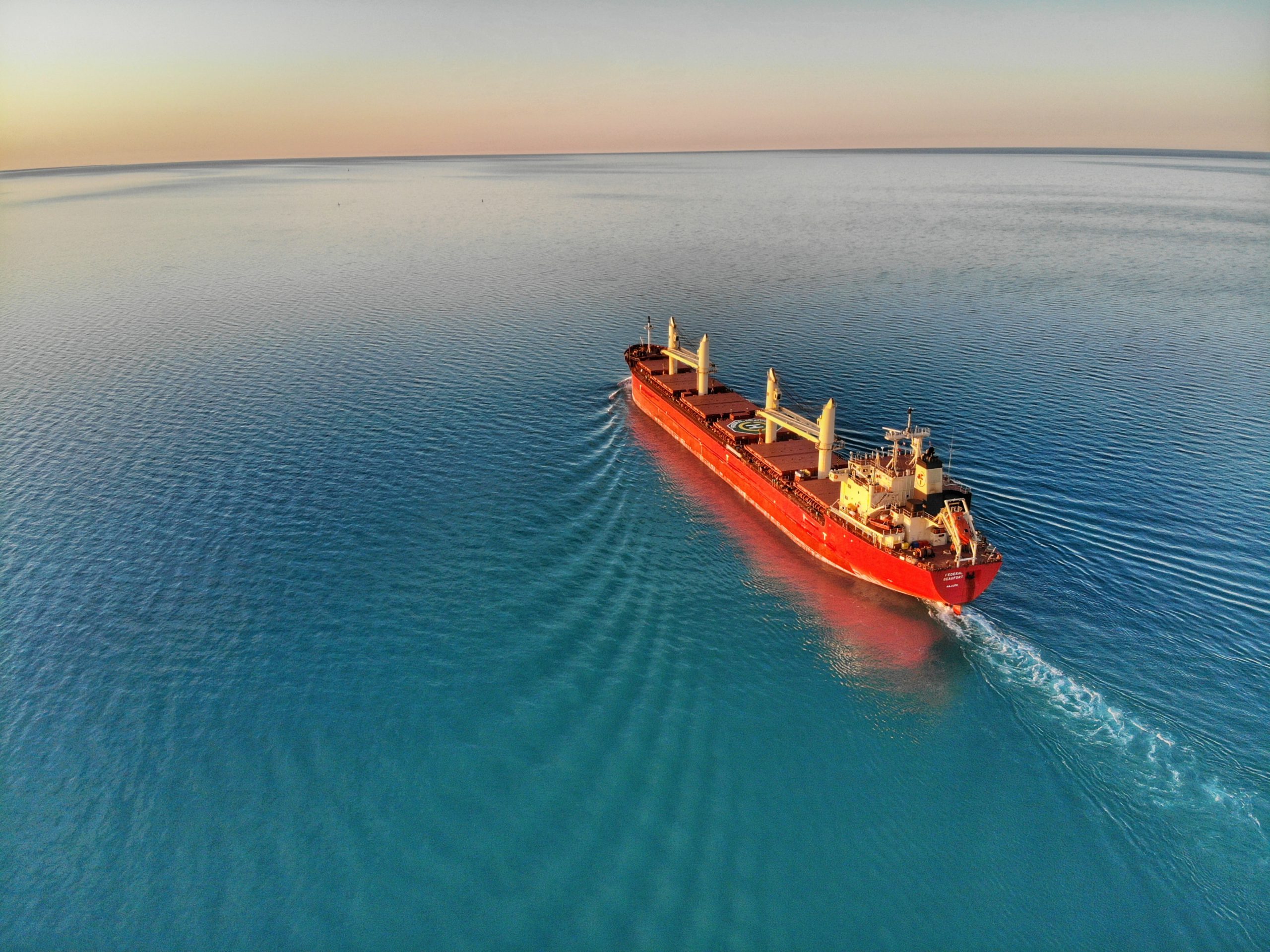Shipping News
Why listening to a podcast is important?
Shipping Podcasts allow you to hear the voices of so many different industry specialists, which is important in the global shipping industry. Not only can you access viewpoints both alike and different from your own, but you have knowledge at your fingertips and the ability to learn new things.
What does the top news covers?
It shall cover all the articles about every aspect of the industry, including ports, containers, and breakbulk lines; and ships and ship chartering. Coverage also includes the impact of recent industry mergers and acquisitions, and of emerging new technologies such as blockchain, artificial intelligence, and the Internet of Things.
Why know about different segments?
Knowing what is happening in different segments of shipping gives industry specialists an edge in negotiations. Certain kinds of news from countries that rely on each other for energy or other resources can often have a profound influence on overall global economics.
How time charters offer a window on shipping sentiment?
In a spot ocean transport deal, a shipper pays the vessel interest in dollars per ton of cargo moved and the shipowner covers fuel and other costs. In a time charter, the shipper (the charterer) pays the shipowner a rate in dollars per day and the charterer, not the shipowner, covers the fuel and voyage costs.
If global bulk commodity shippers expect spot prices to rise substantially in the future, they lock in their transport costs by signing time charters.
When time-charter rates rise and the duration of contracts increases, it tells you that cargo shippers are worried that spot rates will increase sustainably.




